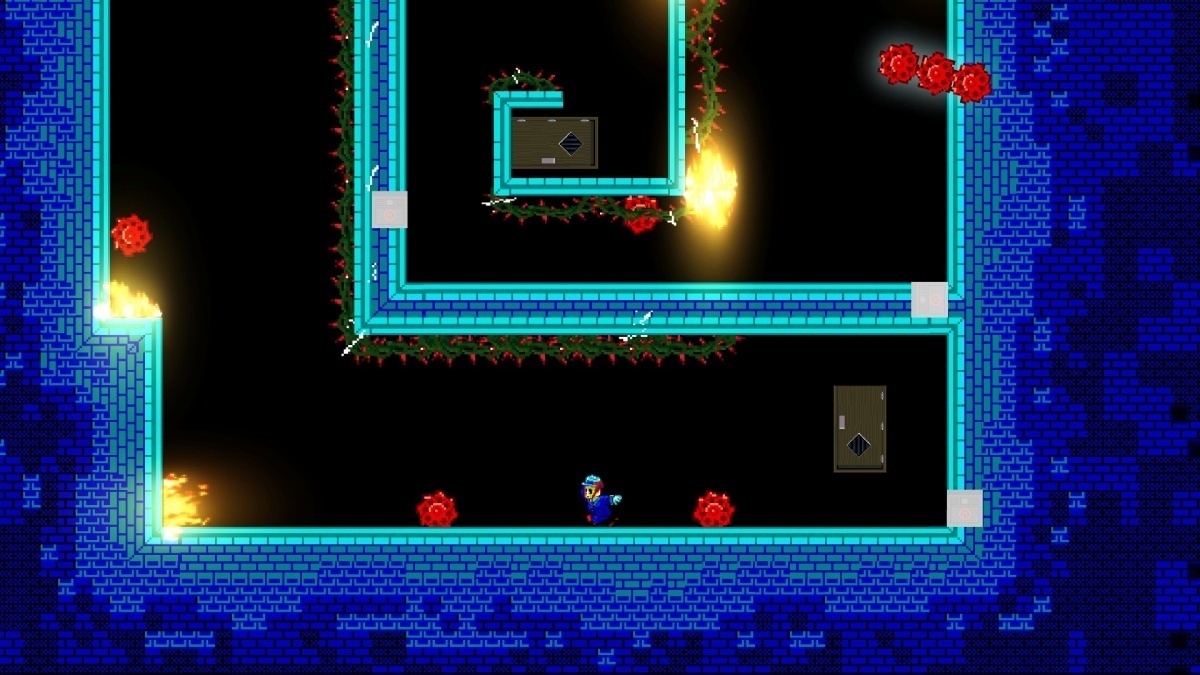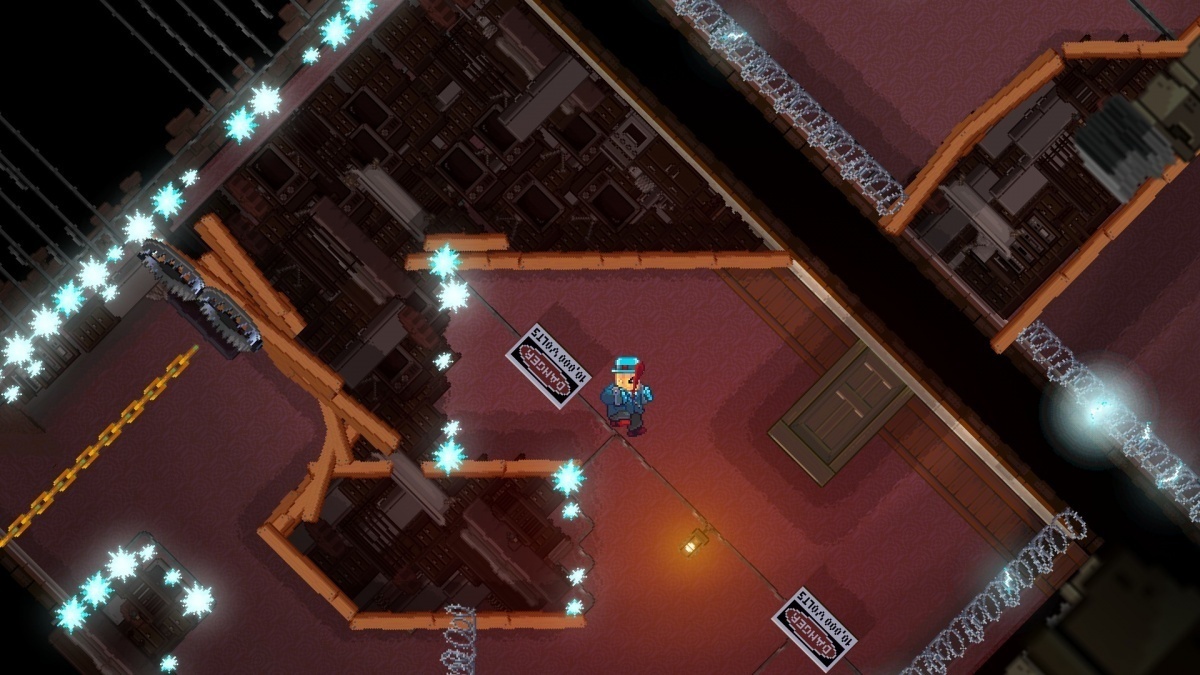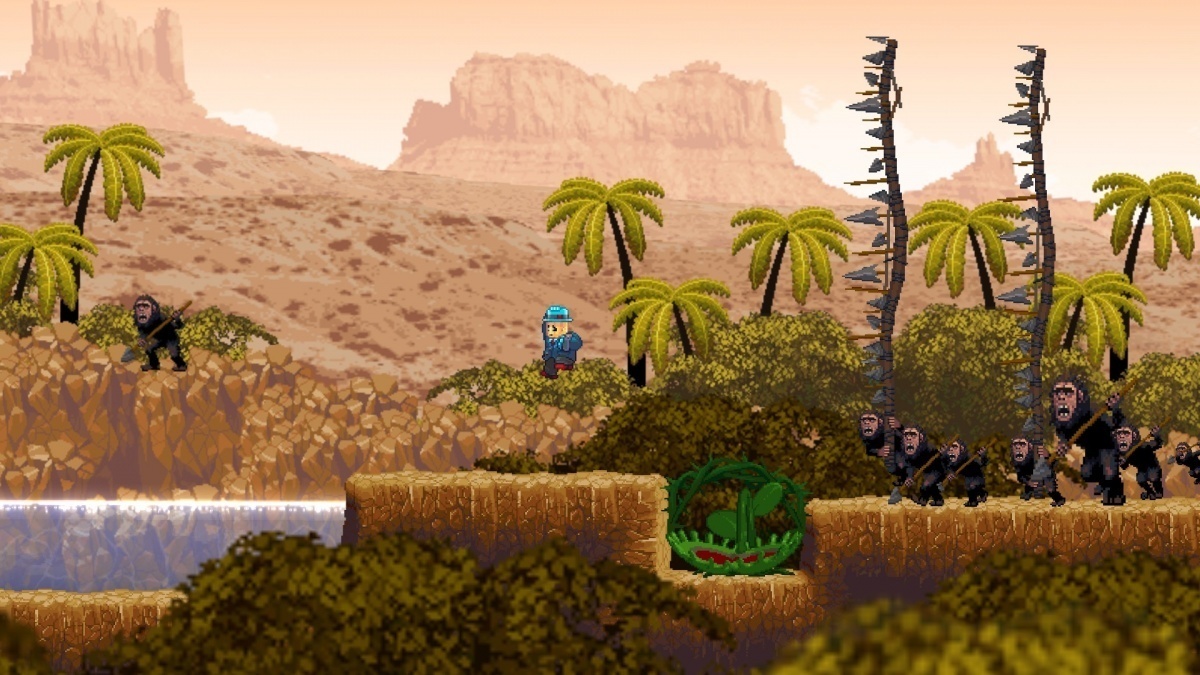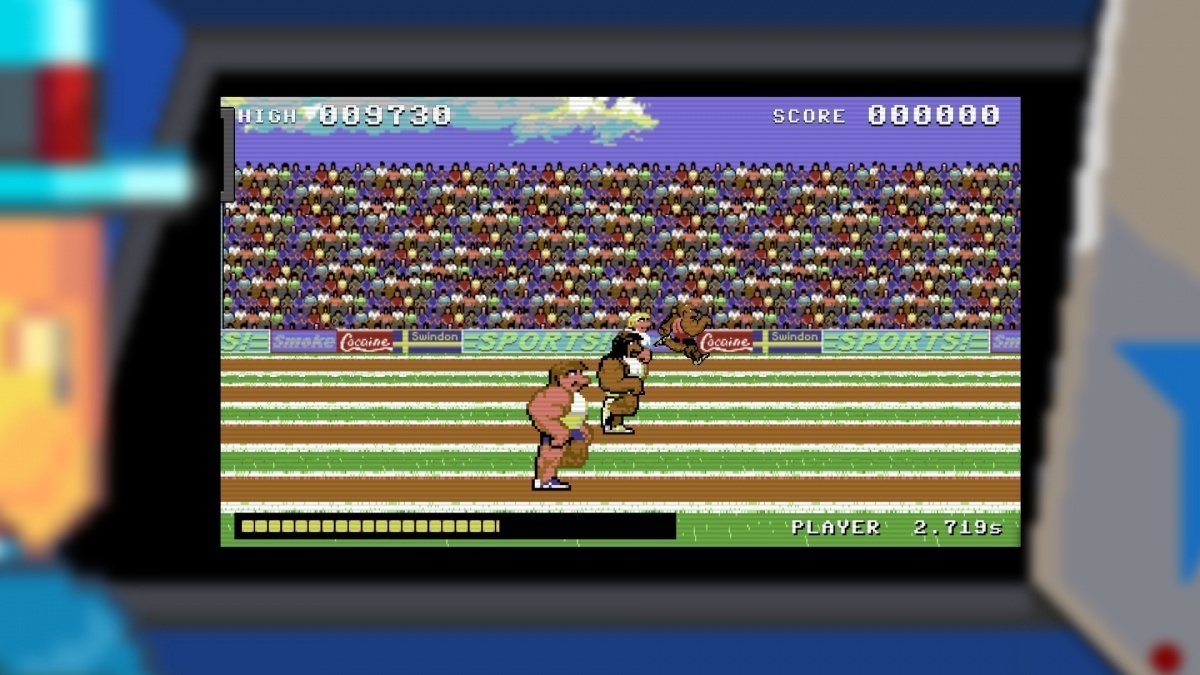Horace (PC) Review
By Renan Fontes  26.07.2019
26.07.2019

Whether or not life itself has a purpose doesn't matter, so long as any given individual finds a purpose for themselves in life. Of course, not everyone has the luxury of choosing their own purpose, something the titular Horace learns rather quickly once he dedicates himself to picking up 1,000,000 pieces of trash. Although the title seems like yet another light-hearted indie platformer with a love for the medium, Horace wastes little time proving to its audience just how emotionally nuanced it really is.
There has never been a more important time for indie gaming than now. As AAA developers continually and consistently push out user unfriendly concepts, indies remain some of the few, pure bastions of game design in a generation dominated by monetization. More importantly, however, indie development is also at a point where indies can reliably match the quality of their triple-A brethren.
Since most indie titles aren't overburdened by publishers or brand image, either, many are able to tackle themes or ideas that their AAA counterparts might struggle with. The Last of Us and God of War (2018) tell good stories, but they also tell safe, digestible tales with safe, equally digestible gameplay. There's nothing inherently wrong with this approach, but it's one that doesn't take advantage of the medium well, which is a problem the industry as a whole has been having for quite a while now.
…At least as far as western game development goes. With the constant advancement in technology comes a push for more cinematic gameplay and storytelling, one that has helped legitimize the medium in the eyes of the general populace, but often at the expense of staying true to the medium's inherent interactivity. In turn, it can almost feel as if there's no real purpose behind so many modern videogames being videogames.

As such a story-driven title, it's only natural Horace fall to these same trappings. It never does, though, mainly because of how keenly aware it is of its own medium. The first hour is more or less dedicated to cut-scenes, but each one serves a clear purpose, not only in the story, but for the title's progression as a videogame. In that respect, the platformer ends up more meaningfully cinematic than its contemporaries. Not because it emphasizes its story above its gameplay (it's frankly a give and take between storytelling and platforming,) but due to the humanity developers Paul Helman and Sean Scaplehorn have injected into their project.
A cinematic videogame isn't a bad thing by any means so long as the title never forgets its role as a videogame. This approach can lead to overt self-awareness which can end up cannibalizing a story if not handled appropriately, but Horace never goes that far. Instead, it comes off like a love letter to the medium, tastefully referencing other titles in order to not only invoke specific feelings, but to twist and turn what is capable within the medium. In the same way a well-read auteur can use homage to create something of deeper substance of values, the developers are clearly well played enough to understand the difference between paying tribute and being derivative.
Although there are film and literary references present, it's refreshing that the bulk of the story instead opts to centre on aspects unique to the medium: interactivity, long term progression, and ludonarrative consistency - the last in particular all too rare for the medium. More importantly, the story never gets lost in homage, instead opting to tell a deeply nuanced tale about identity, purpose, and humanity.
The titular Horace is but a robot in a world where robots are violent killers. As a result, he ends up contrasting nicely with not only with the beings that are positioned as the story's chief antagonists, but also the basic enemies. The best protagonists are the ones who feature plenty of foils for them to develop alongside, something that Horace certainly isn't hurting for.

Aside from a few minor typos and grammatical errors ("then" instead of "than" for instance), Horace will likely go down as one of the best videogame scripts of 2019. The story is incredibly well-written and told, refusing to waste any of its time on filler. Every scene has a purpose, as does every character. One way or another, every beat in the narrative either ties into the plot's overarching themes or arcs.
It certainly helps that the story is viscerally emotional, to the point of coming off quite raw at times. There are rather humorous moments as well, but they never take away from the inherent drama at play, instead only helping to humanize Horace and the world around him. At the same time, it's exactly this approach which makes the more sombre moments all the more uncomfortably poignant.
Of course, none of the story's moments would land as meaningfully without the gameplay driving the experience. Horace is a character defined by his purpose: to collect 1,000,000 pieces of trash. Considering how the medium often throws junk at players under the guise of "collecting," it's a clever way not only of giving Horace a gameplay purpose, but commenting on the nature of purpose in relation to most videogames - platformers in particular.

Thankfully, the actual platforming isn't as tongue in cheek as Horace's meaning for life. What seems like rather traditional, if a bit uninspired, platforming at first, very quickly opens up into some of the most creative gameplay in the genre. Starting with Chapter 3, Horace receives a pair of shoes that allow him to walk on walls.
This seems simple enough, but the shoes actually change Horace's centre of gravity, making his movement not only more fluid, but his jumps all the more impactful. The level design also has a field day with this style of platforming, ensuring that Horace isn't just jumping from left to right, platform to platform. There are platforming sections that require a considerable amount of thought. As far as platformers go, Horace is one of the most cerebrally engaging efforts in the genre.
Horace does get other power-ups, of course, but nothing defines the gameplay better than the shoes. Centre of gravity based platforming is a stroke of genius on the developers' part, and it ends up lending itself to incredibly engaging level design. Boss fights do play around and while they're challenging enough, it's really the platforming that ends up stealing the show alongside the story.
Better yet, because of how inspired and unique the platforming is, any platforming homages end up just that: homages. They're creatively spun upon and never derivative. Everything Horace touches ends up infected by his endearing, eclectic outlook on life. The same can and should be said for the game design. When it comes down to it, Horace is simply one of the best games of 2019.

Cubed3 Rating
Exceptional - Gold Award

While Horace himself might not be the most emotionally intelligent protagonist, the same cannot be said for his namesake game. Horace has an emotional depth that even the best scripts tend to lack. It is a testament not only to its medium, but to storytelling in general. Blending genuinely unique platforming with an incredibly nuanced plot, Horace maturely tackles themes of identity, purpose, and war in almost jarringly realistic ways. Coupled with excellent game design and stellar presentation, Horace might very well be the best platformer of 2019.

Horace
![]() 9/10
9/10
![]() 0
(0 Votes)
0
(0 Votes)
 None
None  Out now
Out now  None
None  None
None Comments
Comments are currently disabled

 Sign In
Sign In Game Details
Game Details Subscribe to this topic
Subscribe to this topic Features
Features






 Top
Top

